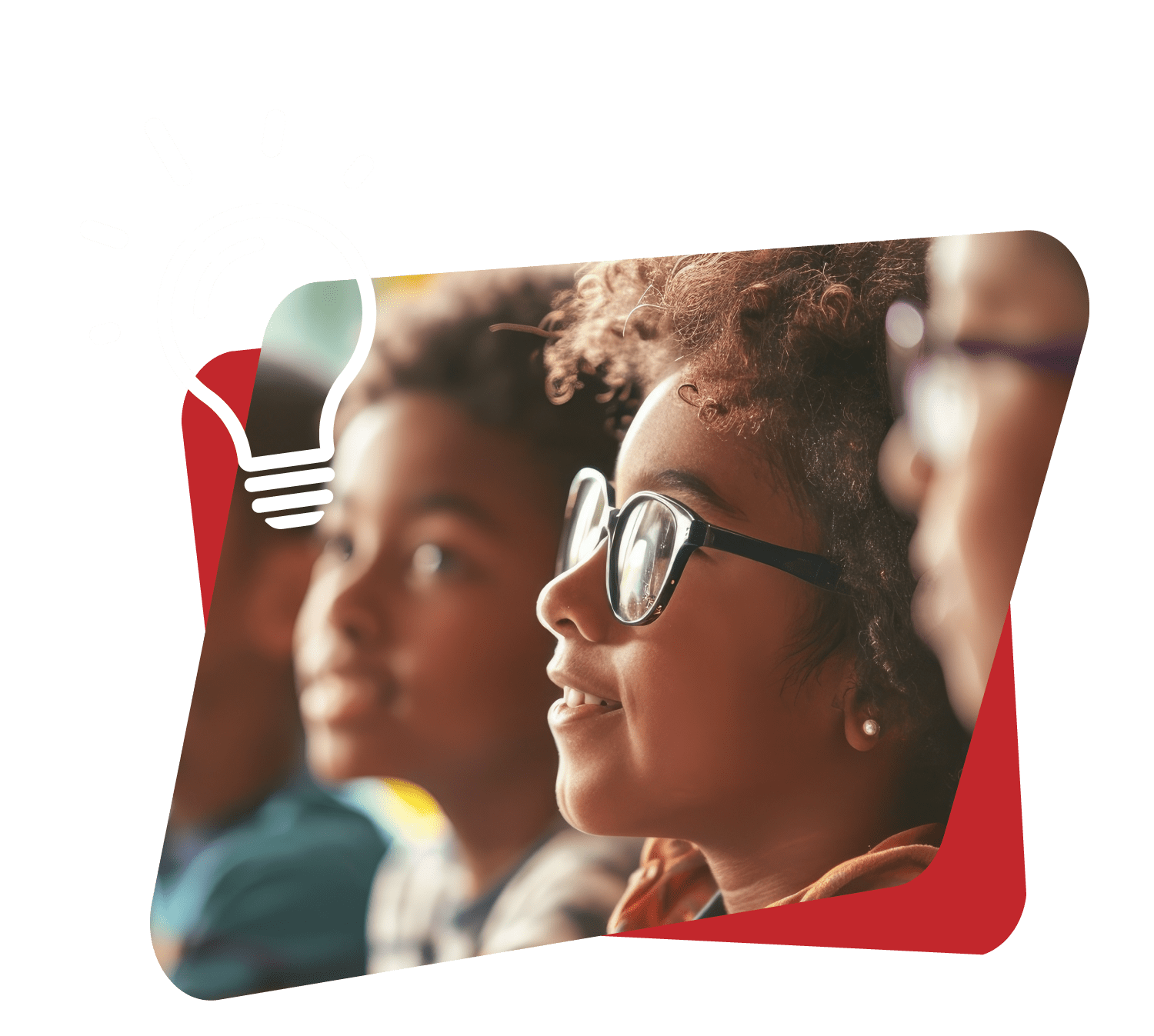

SICI
Collaboration
External cooperation
At SICI, we are dedicated to enhancing strong partnerships and collaborative efforts among European inspectorates. By fostering a culture of collaboration and partnership, we aim to build collective capacity that drives continuous improvement and excellence in educational standards.
SICI promotes and supports numerous collaborative projects initiated by our members. These projects are designed to generate practical tools and insights that benefit the entire community. By sharing the outcomes widely, we ensure that all members can gain from the knowledge and resources developed through these initiatives.
Our collaborative projects enable members from different countries to work together, exchange invaluable knowledge, and refine their methodologies with the collective wisdom of our diverse community. These joint efforts lead to significant advancements in inspection practices, supporting the professional development of inspectors and the improvement of educational quality.
In addition, SICI facilitates peer reviews and job shadowing opportunities between members, allowing members to collaborate, learn from each other, and develop their practices through mutual support and shared experiences. This approach not only enhances individual inspectorates but also contributes to the overall professional learning of inspectors across our members.
BIBESOIN
'Better Inspection for Better Social Inclusion'
Together with the partners SICI has developed the Toolkit for Evaluating and Stimulating Social Inclusion and Equity (TESSIE).
The Toolkit is both a framework developed by the project partners, as well as a collection of the national and regional inspection tools and evaluation approaches of the project partners.

STESSIE
To stimulate and evaluate social inclusion in schools, SICI, the Standing International Conference of Inspectorates, developed together with the partners the Toolbox for Evaluation and Stimulation Social Inclusion in Education (TESSIE) in the KA2 Erasmus+ project 'BIBESOIN'. This toolbox consists of examples of good practices and a framework for evaluating social inclusion. With this project, we want to upgrade TESSIE to a version which is applicable on a European level (TESSIE 2.0) and to spread, implement and evaluate it on a systemic European level.
Projects
National coordinators serve as essential liaisons between SICI and their organizations. They facilitate communication, gather and share information on their organization’s activities, promote new SICI projects, and encourage collaboration with other SICI members. They can propose joint projects/networks of practice, advocate for their organization’s work, and support the exchange of best practices. Additionally, they identify ways for their organization to benefit from participation in SICI initiatives.

Job Shadowing
Job shadowing offers professionals the opportunity to observe and learn from colleagues in other organisations or countries. By spending time in a partner organisation, participants can gain insight into different practices, exchange ideas, and gather inspiration to enhance their own work.
At SICI, we actively promote job shadowing as a valuable form of informal learning and international cooperation. It not only supports the professional development of staff but also helps to build lasting networks between inspectorates.


